Market Share
Drug Discovery Services Market Share Analysis
The Drug Discovery Services Market is a dynamic landscape where companies vie for market share through various positioning strategies. One common approach is differentiation, where companies emphasize unique features or capabilities to stand out from competitors. For instance, some drug discovery service providers may specialize in particular therapeutic areas or offer proprietary technologies that enhance the drug development process. By highlighting these distinguishing factors, companies can attract clients seeking specialized expertise or innovative solutions.
Another key strategy is cost leadership, which involves offering competitive pricing to capture market share. In the Drug Discovery Services Market, companies may leverage economies of scale, efficient processes, or strategic partnerships to lower costs and pass savings onto clients. By providing high-quality services at a lower price point, companies can appeal to cost-conscious clients while still maintaining profitability. However, it's essential to balance cost leadership with maintaining service quality and value to avoid undercutting competitiveness in the long term.
Moreover, market segmentation plays a crucial role in positioning strategies within the Drug Discovery Services Market. Companies may target specific customer segments based on factors such as therapeutic area, geographic location, or stage of drug development. By tailoring their services to the unique needs and preferences of different market segments, companies can effectively penetrate niche markets and establish a strong foothold. Additionally, segmentation allows companies to allocate resources more efficiently and tailor marketing efforts to resonate with specific customer groups.
Furthermore, strategic partnerships and collaborations are increasingly important for companies seeking to expand their market share in the Drug Discovery Services Market. By forming alliances with pharmaceutical companies, biotech firms, academic institutions, or contract research organizations (CROs), companies can access new markets, technologies, and expertise. Collaborative arrangements enable companies to leverage complementary strengths and resources, accelerate innovation, and address complex drug discovery challenges more effectively. Through strategic partnerships, companies can enhance their market positioning and create value for both themselves and their partners.
In addition to differentiation, cost leadership, segmentation, and strategic partnerships, innovation is a fundamental driver of market share positioning in the Drug Discovery Services Market. Companies that invest in research and development to develop novel technologies, platforms, or methodologies can gain a competitive edge and capture market share. By continuously innovating and adapting to evolving customer needs and industry trends, companies can differentiate themselves from competitors and sustain long-term growth.
Furthermore, customer relationship management (CRM) and service quality are critical factors in market share positioning strategies within the Drug Discovery Services Market. Building strong relationships with clients, understanding their needs, and providing exceptional service are essential for fostering customer loyalty and retention. Companies that prioritize customer satisfaction, responsiveness, and transparency can differentiate themselves in a crowded market and gain a competitive advantage. By delivering value-added services, addressing client concerns promptly, and maintaining open communication channels, companies can strengthen their market positioning and cultivate long-term partnerships with clients.


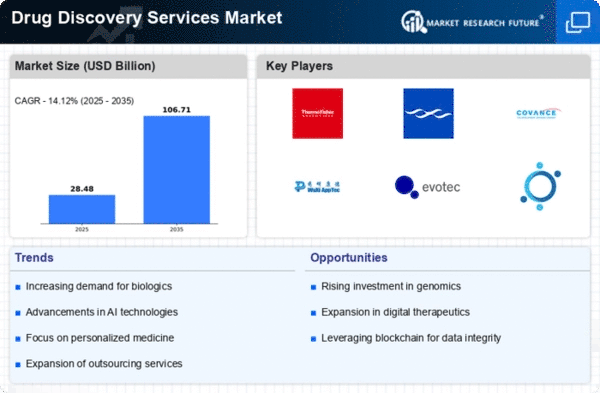
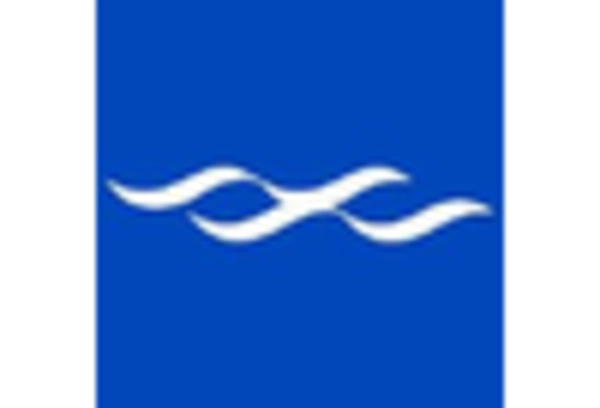
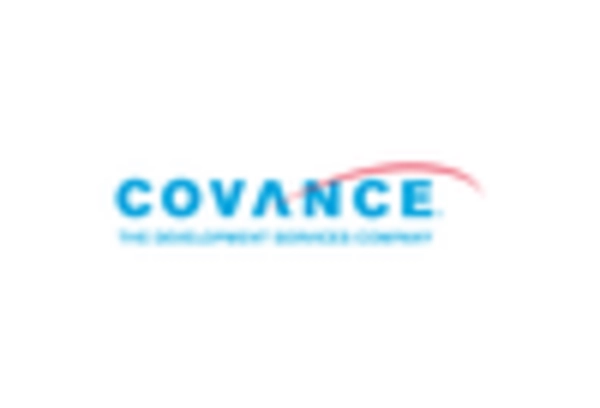
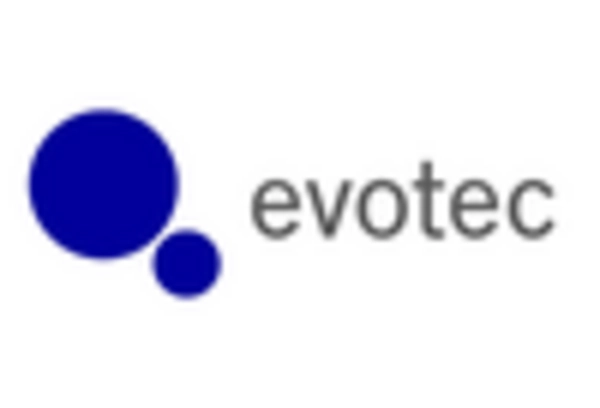
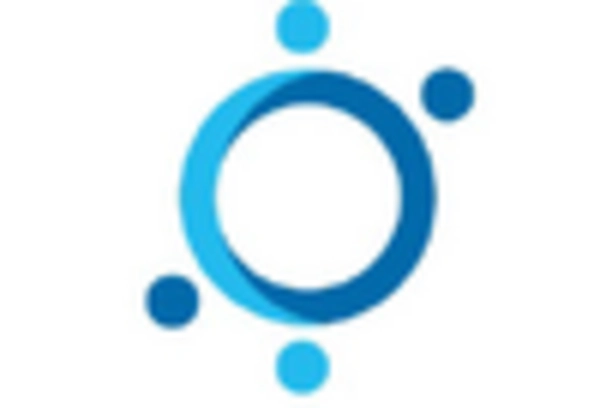

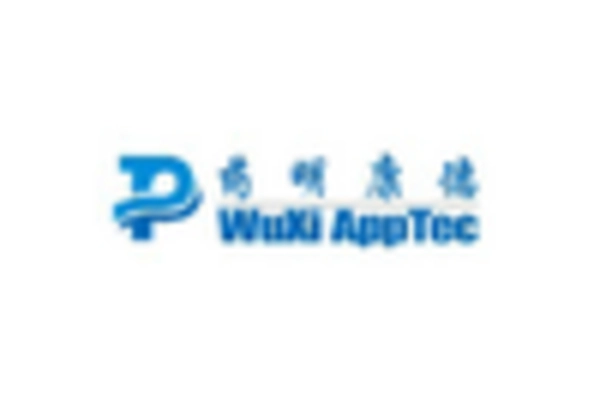










Leave a Comment